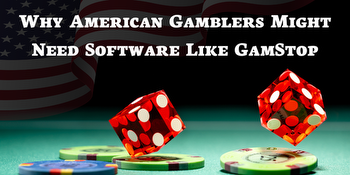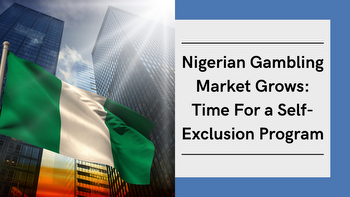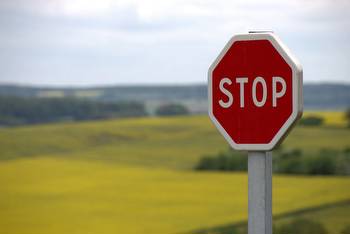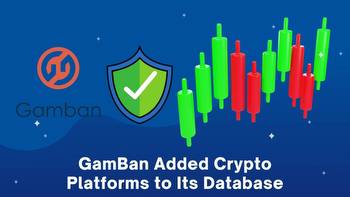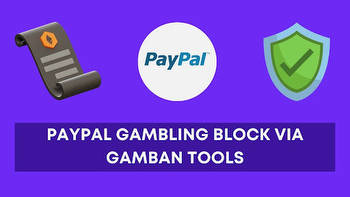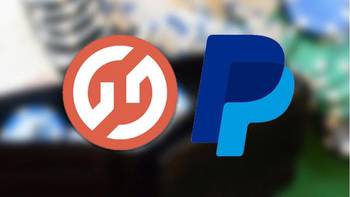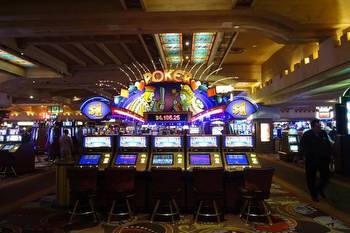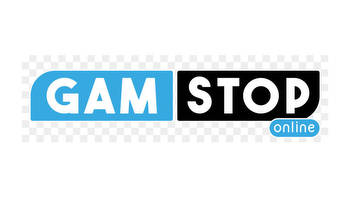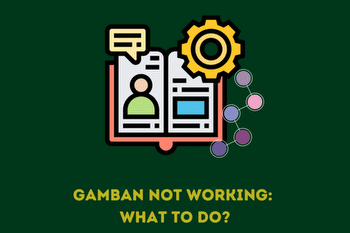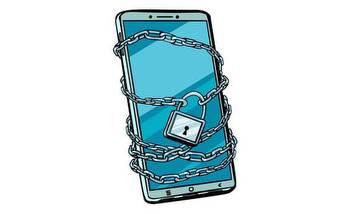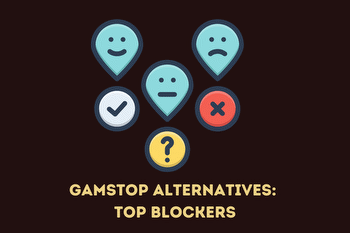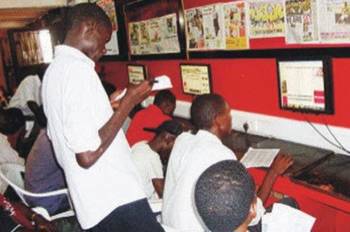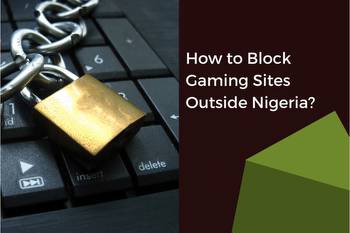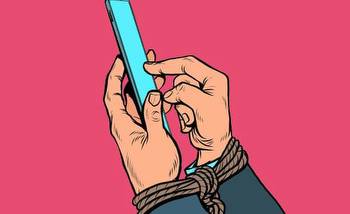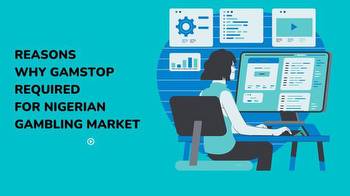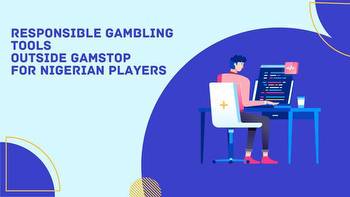Self-exclusion: Gamble Alert Builds Responsible Gambling With Gamban In Nigeria
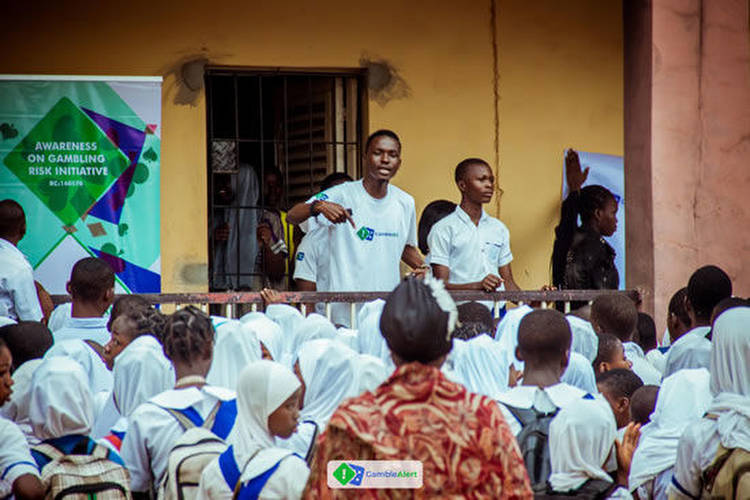
Have you ever considered placing a little bet to win a large sum of money?
I mean, who hasn’t? You not only win money, but you also get a dopamine rush, a “feel good” hormone that gives you the same pleasure as eating your favourite food.
Although gambling has become a huge form of entertainment, it can easily become addictive. Gambling addiction is a progressive disorder that has many negative psychological, physical, and social consequences. It is an uncontrollable urge to gamble despite these consequences. It is classified as an impulse control disorder. With the rise in number of gambling addiction cases globally, it has become a significant public health concern in many countries.
With this looming problem of increasing gambling addicts, the chance of a decline is compromised as gambling operators target people with low income and those who have stopped gambling. Selling the rags to riches story, operators have lured in more gamblers and increased the poverty level as people gamble excessively. They also use a process called “dynamic retargeting” to lure in recovering addicts and entice them to start gambling again.
BBC reports that gambling problems affect up to 1% of the population. Based on this estimate, around two million Nigerians currently have gambling problems.
Gambling problems are an unhealthy obsession with gambling. Gambling addiction, excessive spending of both time and money, playing regardless of the potentially negative effects it may have on your life, and chasing losses are a few examples. A recent study shows that 5.8% of the world adult population may have a gambling problem and only 0.2% of that number are likely to seek help.
To address this issue, Gamble Alert is positioned to promote responsible gambling through evidence-based research, sensitization programs and treatment. Responsible gambling refers to initiatives designed to ensure the integrity and fairness of gambling operations, and prevent or lessen damages associated with gambling. It preaches breaks from gambling activities, setting limits, and abstaining from using gambling as a source of income. Responsible gambling includes self-exclusion programs, tracking behavioural characteristics, training of gambling venue employees, and setting gambling limits.
Why Nigeria Needs a Self-ExclusionScheme
Self-exclusion is a program/process that allows gamblers to voluntarily ban themselves from specific licensed gaming venues or websites for some time. Simply put, it means legally excusing yourself from all legal gambling establishments (physical or virtual) for a while. The purpose of self-exclusion is to prevent exposure to gambling activities while also providing those harmed by gambling a recovery path by makingsure they have access to all of the available tools and treatment to help them on their journey to recovery. Suffice to say, self-exclusion is there to help keep gambling healthy and fun instead of almost becoming prohibited or a public health concern.
Being on the self-exclusion list means the individual would be denied entry to physical gaming establishments or denied access to online gaming platforms. Most self-exclusion agreements have at least a one-year restriction. This means while you cannot get out of the agreement in less than a year, you could exclude yourself for even five years or a lifetime.
Self-exclusion does not only reduce incidents of gambling, but it also promotes self-empowerment. When bettors choose to self-impose restrictions, they exhibit empowerment over the behaviour. They “take charge” over their actions and reduce the negative impact of their own decisions by themselves.
The Initiative of GambleAlert
Gambling has a long history in Nigeria. It used to be seen as antisocial and frowned upon in public. But it quickly gained acceptance as a legitimate “leisure” activity.
According to reports, 60 million Nigerians between the ages of 18 and 40 actively gamble in sports. According to estimates, this figure will rise as more people use smartphones.
Unfortunately, there is no effective regulation that controls what citizens consume as it relates to gambling. Nothing prevents the indiscriminate pop-ups of betting sites when browsing the internet. With this gross disregard for consumer protection and lack of policies, Nigeria faces the danger of gambling becoming a public health problem. As it stands, there is no infrastructure to meet gambling addictions and treat gambling problems in Nigeria. For a country with absolutely no law governing safer gambling, there is also no data that accounts for the exact number of gamblers and as an extension, estimation of people who may currently have gambling problems.
Gamble Alert aims to build the bridge of responsible gambling. Through several initiatives, Gamble Alert gathers proper records on gambling activities and gambling problems in Nigeria, provide bettors with mental aids to help curb compulsive gambling and provide clinical and rehabilitation assistance for gambling addicts. These goals fostered the collaboration between Gamble Alert and Gamban.
Reducing Gambling Harm in Nigeria: The Gamble Alert – Gamban Collaboration.
Gamban is a software that blocks access to gambling sites and apps across all a user’s devices. Launched in 2016, this software is one of a kind as it is the only software that has fostered self-exclusion by hindering excessive online gaming. The software was then made available in the market via Windows, Mac, IOS, and Android.
Although Gamban was created to combat the fast-growing gambling problems in the UK, there has since been collaboration in different countries and different organizations. Examples include Norway and Kenya. The first footprint of Gamban in Africa was in Kenya. Collaborating with the Responsible Gambling Federation, Gamban has been able to provide regulatory tech to help Kenyans take back control of their lives from gambling addiction.
By collaborating with Gamban in September 2021, Gamble Alert hoped to give Nigerians a tool to help shield themselves from gambling sites and apps at a device level and avert the public health catastrophe that inaction would bring. Following this collaboration, Gamban has now extended its protection to the Nigerian market to help combat gambling addiction, Gamban is the only tech tool in the continent of Africa to help reduce gambling harm.
The Prospect of the Gamble Alert-Gamban Collaboration
The Gamble Alert-Gamban collaboration aims to highlight the gambling problems in the country. With the help of the Association of Gaming Regulators of Africa, of which Gamble Alert and Gamban are members, gaming regulations are sought to curb citizens’ indiscriminate exploitation. The goal is to create an infrastructure that would properly foster safer gambling. Additionally, this partnership represents a starting step toward efficient consumer protection. The health of customers and consumers is prioritized, therefore betting companies would limit unfair and illegal practices to the absolute minimum.
Gamble Alert acknowledges that the Nigerian gambling market does not take consumer protection seriously as there is nothing in place to protect children from underaged gambling or the basic level of consumer protection in the marketplace. This is particularly worrying as we see European operators licensed in Nigeria that DO NOT offer the basic level of consumer protection as they offer in markets outside of Africa.
Collectively, Gamble Alert & Gamban intend on building the foundation of a lasting infrastructure for the prevention and treatment of gambling disorder outside the scope of regulation. As self-exclusion does not exist, Gamble Alert has decided to bolster Gamban, the industry-leading gambling blocking software into their internal processes so that any callers can avail of a 7-day free trial or get put on to a monthly subscription which is a very low cost to that user as we understand that cost can act as a barrier for someone that has exhausted all of their financials on gambling. Whilst Gamban is a blocking solution, GambleAlert intends on using the tool to help mitigate the growth of gambling addiction until the Nigerian market wakes up to the turmoil the gambling industry is bringing to the nation.
What Role Must the Government Play?
To ease the implementation of the plans created and increase the reach, the Nigerian government needs to show commitment to safer gambling by making regulations and creating policies. These policies must genuinely consider the safety of bettors and ensure they are catered for as the most important people in the industry. It is important that policymakers and regulatory interests are less fixated on squabbles on taxation, and be more worried about how the lack of consumer protection is affecting the industry.
The gambling regulatory bodies could also support the collaboration by signposting Gamble Alert and Gamban on the footers of their platforms to be made extremely visible to both punters and operators. The government can also support the collaboration by making Gamban available for all Nigerian citizens at no cost to the end user like the UK Gambling Commission has done, especially whilst a federal self-exclusion scheme is currently non-existent. This would further encourage more people to kick the stigma of the “hidden addiction” of gambling disorder and to begin to start opening up about the nature of their problems and speaking with working professionals about this.
The purpose of this collaboration is to start creating public awareness of the growing threat of gambling addiction to Nigeria and to help create awareness of the tools and services that are available to Nigerian society whilst helping raise the Nigerian gambling industry standards so that they can no longer be frowned upon.








